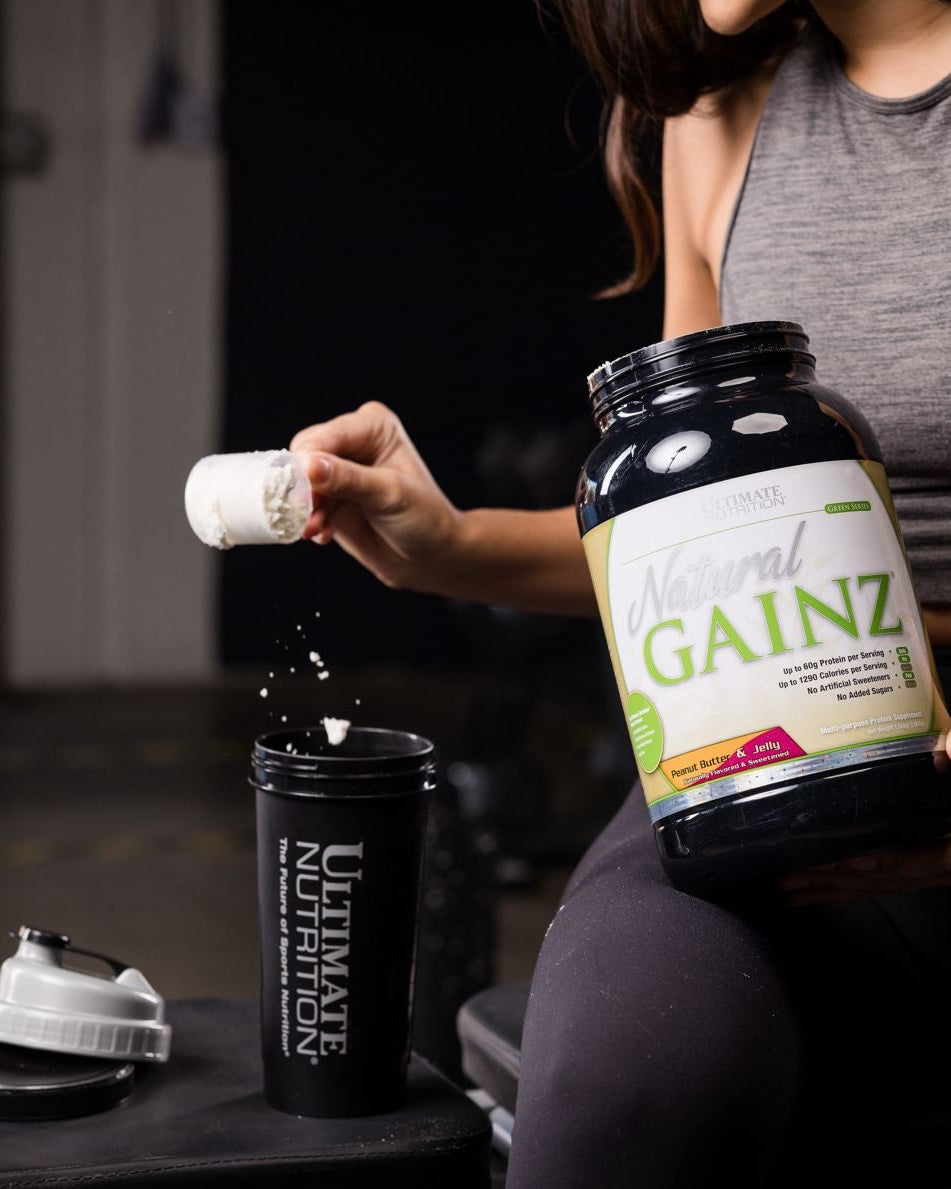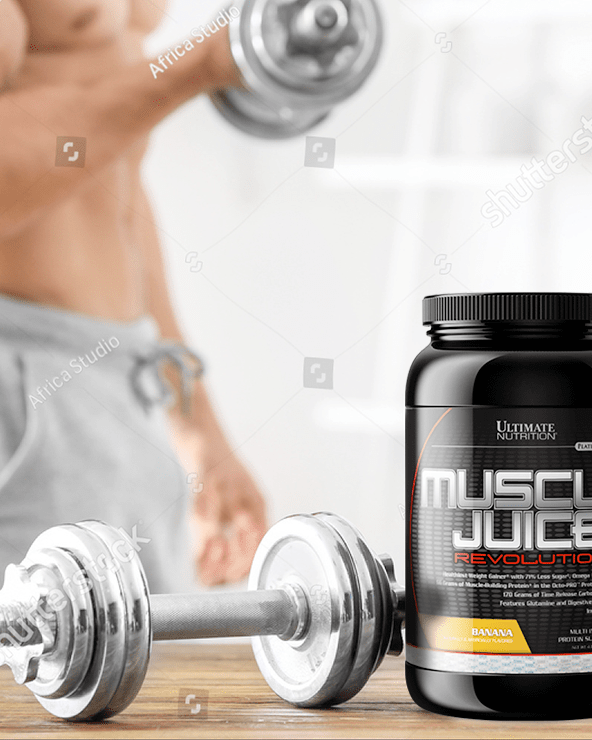When it comes to choosing the proper diet, the sheer variety can be overwhelming.
Among the frontrunners that have captured the attention of health enthusiasts are the Paleo and Mediterranean diets. Each boasts many followers who swear by its health benefits.
In this comprehensive guide, we’ll examine the nuances of both diets and determine which is healthiest.

What is the Paleo Diet?
Often dubbed the "Stone Age diet," the Paleo diet is rooted in the eating habits of our hunter-gatherer ancestors.
This diet emphasizes foods that, in theory, were available to humans before the advent of agriculture and animal domestication. The core philosophy behind the Paleo diet is simple: if your ancestors didn’t eat it, neither should you.
Paleo Diet Basics
At the heart of the Paleo diet is a strong focus on whole, unprocessed foods. Here's a typical Paleo diet food list:
- Lean meats: Preferably grass-fed or wild game.
- Fish: Especially those rich in omega-3 fatty acids like salmon.
- Fruits and vegetables: Emphasis on leafy greens and fibrous fruits.
- Nuts and seeds: A great source of healthy fats and proteins.
- Healthy fats: Derived from sources like avocados, coconut oil, and olive oil.
Foods You Can’t Eat on the Paleo Diet
Conversely, the not allowed list includes:
- Dairy: Most dairy products are off-limits.
- Legumes: Includes beans, lentils, and peanuts.
- Processed foods and sugars: Anything that's manufactured or comes with added sugars is a no-go.
The aim is to reduce inflammation, support digestive health, and mimic the nutritional environment of our ancestors, which some proponents believe is the optimal diet for human genetics.

What is the Mediterranean Diet?
The Mediterranean diet stands in contrast to the Paleo diet, drawing its inspiration not from prehistoric dietary patterns but from the contemporary eating habits of people living in Mediterranean countries.
The diet emphasizes the importance of enjoying meals with family and friends, incorporating a lifestyle component that enhances the overall eating experience.
Mediterranean Diet Basics
Here’s a closer look at the essential foods that make the Mediterranean diet both popular and beneficial:
- Fruits and vegetables: A cornerstone of every meal, providing antioxidants and fibers.
- Whole grains: Integral for daily energy and health.
- Healthy fats: Predominantly from olive oil, known for its heart-health benefits.
- Proteins: Mainly from fish and poultry, with red meat consumed less frequently.
- Dairy: Includes moderate amounts of cheese and yogurt.

Paleo vs. Mediterranean
Now that we understand what the Paleo and Mediterranean diets involve let's dive into their health impacts, benefits, and potential downsides.

Paleo Diet Benefits
Proponents of the Paleo diet argue that it offers a more 'natural' way of eating, reducing processed foods and sugars, which are linked to numerous health issues like obesity and diabetes.
By focusing on whole foods like lean meats, fish, fruits, and vegetables, the Paleo diet is rich in proteins and healthy fats, which can aid in weight management and muscle building—a plus for fitness enthusiasts.
Why the Paleo Diet Is Unhealthy
It’s not all sunshine and roses. Paleo’s restrictive nature can lead to significant nutritional gaps.
The exclusion of grains and dairy, both sources of essential nutrients such as calcium and fiber, could pose long-term health risks, including bone density loss and digestive issues.
Furthermore, excluding these food groups can make it difficult to meet daily nutritional requirements without careful meal planning, potentially leading to other deficiencies such as a lack of B vitamins and iron.

Mediterranean Diet Benefits
On the other hand, the Mediterranean diet is celebrated for its balanced approach and is often associated with reduced risks of chronic diseases, including heart disease, stroke, and type 2 diabetes.
It is rich in dietary fiber, which aids in digestion and prolongs satiety. It also includes a healthy balance of omega-3 fatty acids from fish and monounsaturated fats from olive oil. These fats are known for their heart-health benefits and anti-inflammatory properties.
The diet's inclusion of moderate wine consumption has also been linked to improved cardiovascular health, though this aspect should be approached with caution depending on individual health factors.
Disadvantages of the Mediterranean Diet
While the Mediterranean diet has many health benefits, there are a few potential downsides to consider:
- Carbohydrate Content: This diet includes a significant amount of whole grains and fruits, which could be problematic for those managing conditions like diabetes.
- Cost and Accessibility: Ingredients such as fresh seafood and high-quality olive oil can be expensive and harder to find, making sticking to the diet challenging for some.
- Caloric Intake: The use of oils and nuts can quickly increase calories, requiring mindful portion control.
The Final Breakdown
The choice between the Paleo and Mediterranean diets hinges on individual preferences and health goals.
Overall, the Mediterranean diet tends to be the healthier choice for most people looking for a beneficial and sustainable diet over the long term. Its diversity in food choices—from heart-healthy fats like olive oil to a wide range of fruits, vegetables, and grains—ensures a balanced intake of nutrients.
No matter what diet you choose, support yourself with Ultimate Nutrition’s range of supplements. We’ll ensure you get all the necessary nutrients to support your body.
Follow our fitness and lifestyle blog for all the best nutritional tips!
The information provided in our articles are meant for informational and educational purposes exclusively and should not be considered as medical advice. It is essential to consult a healthcare professional before starting a new nutritional product and/or making significant changes to your diet and/or starting a new exercise regime. These products are not intended to diagnose, treat, cure, and/or prevent disease.





















